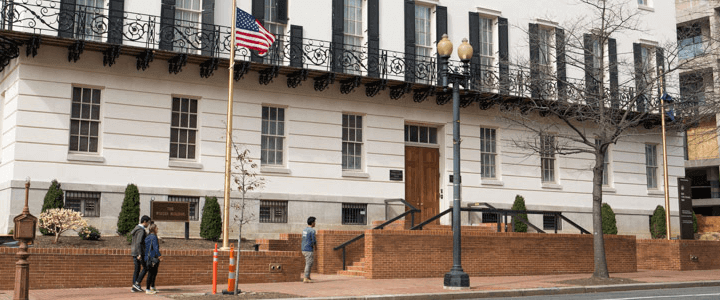If you believe the adage ‘it gets worse before it gets better’ you might be an individual pursuing a career as a defense contractor. While congressional debate continues to focus on the size of the security clearance investigations backlog (currently 710,000), the much greater issue is the time it takes to get a security clearance – which is getting worse.
The National Background Investigations Bureau just updated on current clearance processing times for Department of Defense (DoD) industry contractors. The last figure reported at the end of 2017 was 501 days for a Top Secret security clearance – a year and a half to obtain a topic secret security clearance seems like an incredible amount of time – because it is. But the figures reported today show things are getting worse – Top Secret clearance processing times for the first quarter of 2018 were 534 days for Top Secret security clearances, and 221 days for Secret and Confidential security clearances. That means if you’re awaiting a Top Secret security clearance for work as a defense contractor, you’ll wait an additional month for that determination.
If you’re applying for a Secret security clearance, there is good news – security clearance processing times have leveled off and are sitting at an average of 221 days, the same figure which was reported at the end of 2017. Secret reinvestigations, currently conducted every 10 years, but which policy dictates should move to every five years, are also level at 220 days. More bad news comes for Top Secret reinvestigations – processing times are now at 617 days, despite a policy change which pushed Top Secret reinvestigations back to every six years, versus the five years mandated by policy.
The Problem With the Delays
The increasing delays for Top Secret initial and periodic reinvestigations each pose challenges, both for attracting cleared personnel, and for the mobility and career progression of clearance holders up for reinvestigation but who currently seek a new position.
“Given the challenges we face in finding qualified, cleared talent, to meet the mission that we have, we consider it a national security issue, and a government issue,” said Jane Chappell, vice president of global intelligence solutions with Raytheon, testifying at a recent security clearance reform hearing with the Senate Intelligence Committee. “Top professionals are in high demand across the nation. They do not have to wait more than a year to get a job.”
For over two years defense contractors have warned the government – the current delays, which unequally affect industry partners, are having an affect on both their ability to staff programs, and to accomplish mission objectives and timelines.
“There’s a risk that we often don’t take into account,” noted David Berteau, president and CEO of the Professional Services Council, testifying before the same Senate hearing. “We have the risk of awarding a clearance to someone who then does something wrong. There’s a risk to government missions and functions to not doing it in a timely way, and to not getting the best and brightest people on board to do it.”
Industry’s Additional Burden
NBIB releases quarterly clearance processing times for DoD/industry applicants through the National Industrial Security Program Policy Advisory Committee (NISPPAC). Unfortunately, the Intelligence Community hasn’t released a comprehensive report on security clearance processing times, the size of the cleared population, or reasons for denial since 2015. Overall security clearance processing times are difficult to estimate, but it has long been known that industry clearance processing often falls in priority below the issuing of security clearances to direct government employees.




